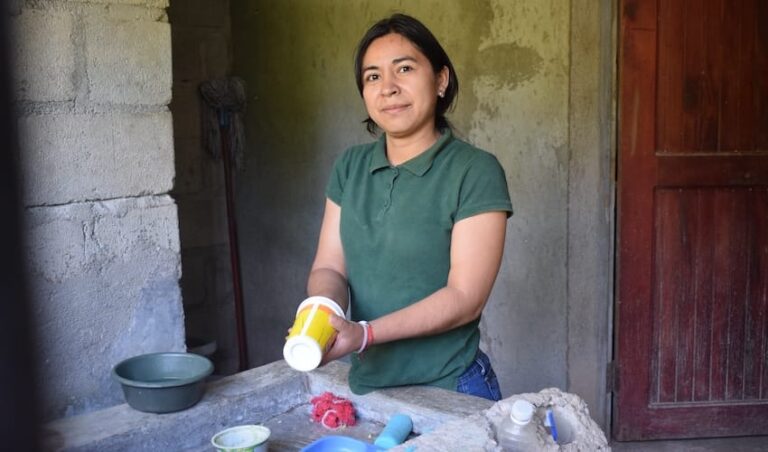
Healthy Eating on a Budget
Healthy eating is a privilege. And like all privileges, how much of it a person can enjoy depends on several different factors. In this case, distance from a grocery store, access to transportation and (of course) money all impact how easy it is for someone to eat well.
Time, too, is a factor, one that’s often trivialized with platitudes like, “We all have the same 24 hours,” or “If you care enough about something, you’ll find time for it.” Guides for healthy eating on a budget that require price-hunting at different stores, extensive couponing and intricate meal plans are well-meaning but useless to those who need the most help: single parents, those who work more than one job, or anyone lacking somewhere to cook and store bulk meals and ingredients.
However, no matter your budget, or if you live in a “food desert” where healthy options are hard to come by, it’s important that you eat as healthfully as you can to avoid complications and doctor bills down the line. Here are some simple tips for keeping your meals relatively healthy on a budget – and if you do have time, any of these can be paired with other methods, like couponing, to save even more.
1. Base your meals around bulk whole grains.
Brown rice, oatmeal, and whole wheat pasta are cheap, filling, and keep almost indefinitely when stored correctly. Brown rice and whole wheat foods also have more fiber than their white counterparts, which is a plus, since fiber is often lacking in fast foods.
2. Choose beans for protein.
It is true that, pound for pound, most beans fall behind meat when it comes to protein percentages. But beans are better on a budget. First, they tend to be significantly cheaper. Second, canned and dried beans can be stored indefinitely. Run out of time or energy to cook, and they’ll still be good for another day (or month or year). We can’t say the same for those chicken thighs.
3. Remember that fresh produce is overrated.
The difference in nutritional value between fresh fruits and vegetables and frozen or canned ones is negligible. If you have a freezer, stocking up on frozen produce is a great way to ensure you always have healthy ingredients on hand. Canned produce requires even less storage space.
NOTE: One advantage of fresh produce is that it is more likely to go on clearance – usually because stores want to sell it before it spoils. If you find fresh produce at a cheaper price, buying it and freezing it yourself can be a great option.
4. Switch things up with spices.
A cheap, healthy diet in a food desert will necessarily rely on lots of staple items like beans, rice, and frozen or canned produce, but using different spices and flavor combos can help keep meals from feeling repetitive. Although some spices are expensive, many – like dried basil, garlic and onion powders, Italian seasoning, crushed red pepper, and chili powder – can be found for under $2 and last a long time.
5. Don’t focus too much on recipes.
The problem isn’t recipes themselves, but that using one requires you to have specific quantities of set ingredients. If you only ever cook from recipes (unless you’re following a very well-tailored plan), chances are you’re buying things you won’t use more than once. Think carefully before you purchase individual ingredients – will you be able to use everything up before it spoils? Will you use them again beyond this one recipe? Instead of following recipes to the letter, use them as inspiration for your healthy, budget-friendly cooking.
For example, this recipe for Beef Flautas might not be practical to make, as it calls for slow-cooker roasted beef, pickled jalapenos, Mexican crema, and more. But the spices listed would also taste great in a burrito bowl made from brown rice, black beans, and a frozen onion/bell pepper blend.
6. Invest in a good multi-vitamin.
If it’s possible for your budget, don’t skip this one. When you live in a food desert or are on a tight budget, fast food meals are all but inevitable, but highly-processed meals are often lacking in vitamins and minerals. Taking a regular multi-vitamin will help you get more of the nutrients you need.
7. Give yourself grace when assessing the “health” of your diet.
Trying to balance health with a budget can be frustrating. There may be days when fast food is the only option available, due to time or financial constraints, and that’s okay. You can still make small changes to improve the nutritional value of even fast food (a frozen pizza with spinach and mushrooms may not have many vegetables, but it still has more vegetables than a cheese pizza).
Most people, regardless of their situation, struggle with healthy eating from time to time. Our modern world offers an almost overwhelming number of food options, and when you live on a tight budget or in a food desert, it can seem like there are no good choices. It may take a little more creativity, but, even so, it is possible to improve your health and the quality of your diet. When you follow these guidelines and prepare more meals at home, you may soon start to enjoy the benefits, both to your health and your wallet.






